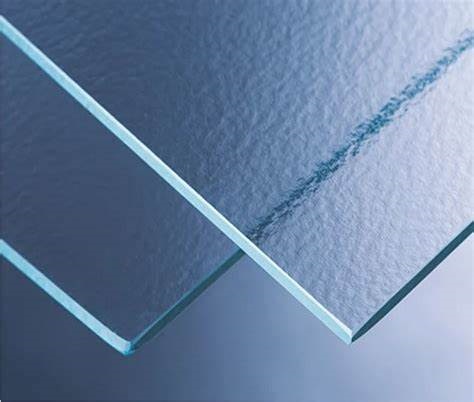The glass used in solar panels, often referred to as solar glass or photovoltaic (PV) glass, must meet certain requirements to ensure the optimal performance and durability of the solar panel.
- Transparency: Solar glass should be highly transparent to allow sunlight to pass through and reach the solar cells without significant loss of intensity. High transparency ensures maximum light absorption by the solar cells.
- UV and Infrared Transmission: The glass should transmit as much of the solar spectrum as possible, including ultraviolet (UV) and infrared (IR) radiation. This helps in maximizing the efficiency of the solar cells, as they can absorb energy from a broad range of wavelengths.
- Low Iron Content: Low-iron glass is often used to reduce color distortion and improve light transmission. Iron can absorb sunlight and reduce the efficiency of the solar cells. Low-iron glass helps maintain the color neutrality of the glass.
- Durability: Solar glass must be durable and able to withstand environmental factors such as temperature variations, humidity, and exposure to the elements. It should also be resistant to physical damage from hail, wind, and other weather conditions.
- Anti-Reflective Coating: Some solar glasses have anti-reflective coatings to minimize reflection and maximize light absorption. This coating helps to reduce the amount of sunlight that bounces off the glass surface, improving overall energy conversion efficiency.
- Thickness: The glass used in solar panels is typically thin to reduce weight and cost. However, it must still be thick enough to provide structural integrity and withstand mechanical stresses.
- Electrical Insulation: The glass should provide electrical insulation to protect the solar cells and other electronic components within the solar panel. This helps prevent electrical short circuits and ensures the safety of the system.
- Temperature Resistance: Solar glass must be able to handle high temperatures without warping or degrading. Solar panels can heat up during operation, especially in sunny conditions, so the glass should maintain its structural and optical properties under these conditions.
- Cleaning and Maintenance: The glass surface should be easy to clean to maintain its transparency. Some manufacturers use coatings that make the glass surface hydrophobic or self-cleaning to reduce the accumulation of dirt and dust.
Meeting these requirements is essential to produce high-quality solar panels that can efficiently convert sunlight into electricity and have a long operational life.


